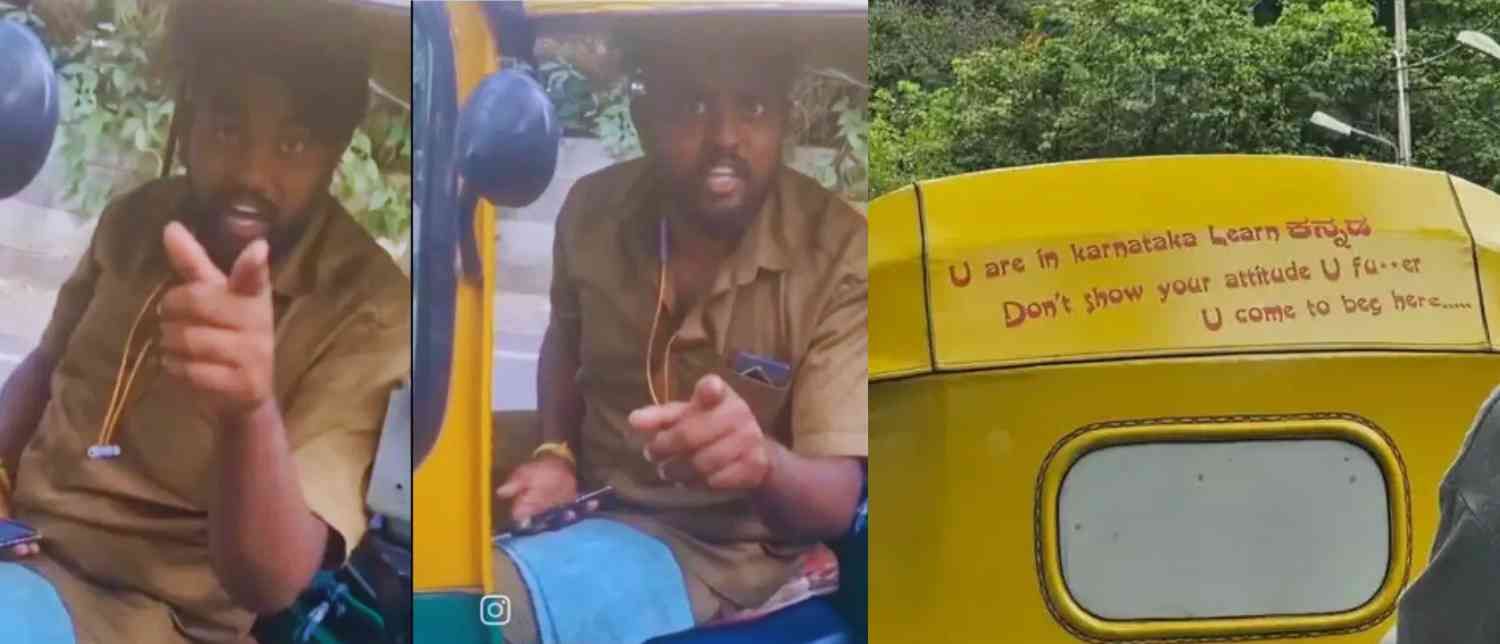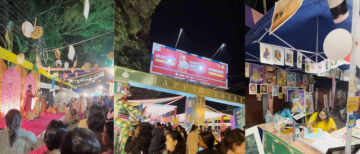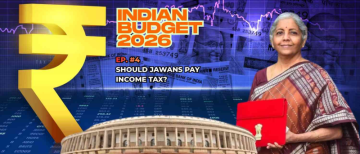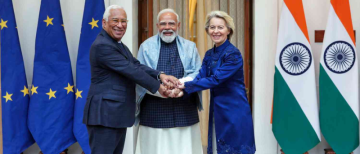Bengaluru, the capital city of Karnataka, is once again in the spotlight for rising language tensions after a viral image showed an autorickshaw displaying a message rejecting Hindi speakers. The poster on the back of the auto reads, “GO BACK, Illegal Hindi wala autos. No permit/ no police verification/ no display/ no badge/ no DL. More than 10,000 autos in KR Puram and Mahadevapura zone.” This message has sparked fresh debates about language sentiments in the city, known for its diverse population and multiple languages spoken.
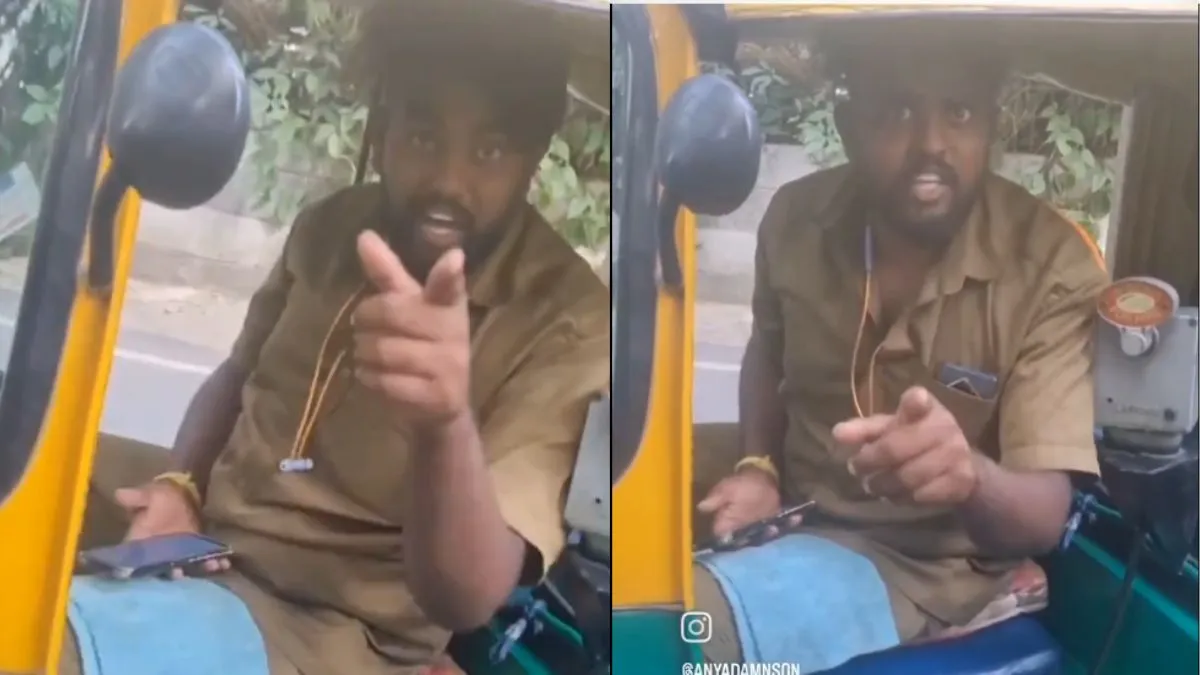
The tension here is part of a long-standing language issue in Bengaluru and the larger Karnataka region. Kannada is the state's official language, and many locals feel that outsiders speaking Hindi or other languages should respect Kannada by learning and using it. However, Bengaluru is also a major IT and commercial hub attracting people from all over India, including Hindi-speaking states. This diversity has sometimes created friction as different groups expect others to adapt to their language preferences.
Recent incidents have repeatedly brought this conflict to public attention. Earlier in 2025, a viral video showed a heated argument between a non-Kannadiga passenger and an auto-rickshaw driver. The passenger asked the driver to “Speak in Hindi if you want to stay in Bengaluru,” which the driver strongly refused, stating,
“You have come to Bengaluru, you speak in Kannada. I won’t speak in Hindi.” Videos like these have gone viral on social media, fueling discussions about language imposition, cultural respect, and coexistence in the city.
On one side, local Kannada speakers express pride in their language and see these demands for Hindi as a form of linguistic arrogance or imposition. They argue that Kannada culture and language deserve respect, especially in their home state. Comments on social media reflect frustration: many locals feel outsiders do not make enough effort to learn Kannada or respect local customs. Some even point out that illegal autorickshaws run by some non-Kannada speakers add to the resentment.

On the other hand, some voices call for peace and mutual understanding. Many point out that Bengaluru has a rich multicultural character and that cooperation and respect should prevail over hostility. An autorickshaw driver featured in a recent viral video said most conflicts are due to personal frustrations rather than real hatred and that Bengaluru generally remains a welcoming city where people coexist peacefully. A woman who stayed in Karnataka for several months confirmed this, sharing that as long as one is polite and respectful, language has not been a major barrier.
This conflict reflects a delicate balance in Bengaluru between preserving local identity and embracing a cosmopolitan, multilingual population. It also highlights a deeper issue about how language is tied to culture, identity, and economic opportunity in India. While the Indian Constitution does not specify a national language, the sociolinguistic realities on the ground often lead to tensions in states with strong regional languages.
Experts and observers suggest that the key to resolving these tensions lies in promoting language learning, cultural sensitivity, and dialogue. Encouraging newcomers to learn basic Kannada can foster goodwill, and at the same time, locals being open to linguistic diversity can ease conflicts. Civic education about respecting all legal workers, such as autorickshaw drivers regardless of their language background, is also essential.
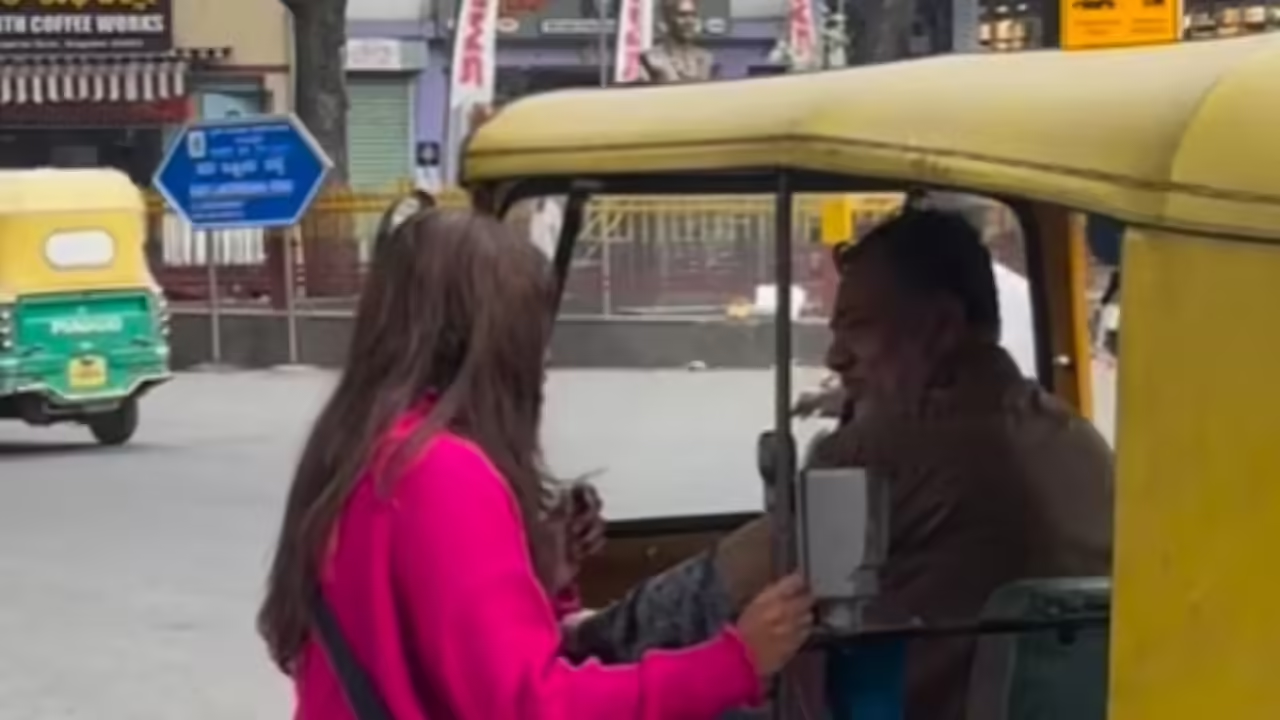
In conclusion, Bengaluru's latest autorickshaw message rejecting Hindi speakers is a symptom of broader linguistic and cultural challenges in this dynamic city. While emotions and passions run high on social media, the bigger picture is one of a growing metropolis still learning to balance tradition with modernity and diversity. Both locals and newcomers share the responsibility to respect each other’s languages and cultures to ensure Bengaluru remains a harmonious place to live and work.
This incident serves as a reminder that language etiquette and mutual respect can go hand in hand. Constructive conversations, rather than confrontations, can help the city move past such conflicts and celebrate its unique mosaic of languages and cultures peacefully.
With inputs from agencies
Image Source: Multiple agencies
© Copyright 2025. All Rights Reserved. Powered by Vygr Media.

